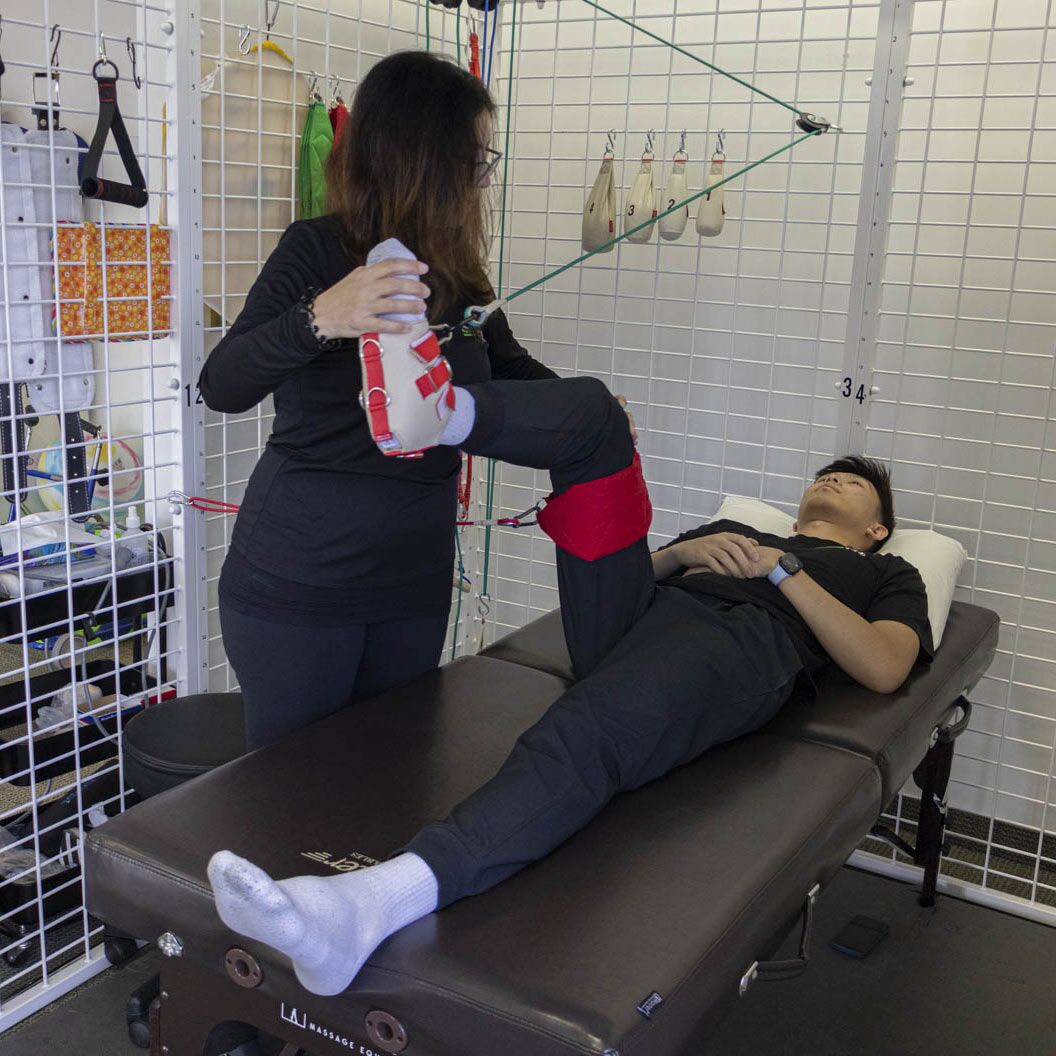Applying Cognitive Fortitude to Improve Performance in Athletic Therapy
Wiki Article
Cognitive resilience is an crucial quality that can greatly enhance performance in athletic recovery. Competitors often encounter setbacks that involve time away from their sport, which can be both bodily and mentally straining. Mental resilience refers to the ability to remain grounded and positive in the face of adversity. It helps athletes manage the pressure of rehabilitation, stay focused on their milestones, and maintain drive throughout the healing process. By developing psychological strength, athletes can optimize their recovery experience and return to their discipline better prepared than before.

A single key aspect of building emotional toughness is setting realistic objectives. When sportspeople are hurt, it is important for them to have structured, achievable objectives during their rehabilitation. These milestones should be precise, quantifiable, reachable, meaningful, and time-bound (SMART) principles. For example, instead of saying “I hope to heal quicklyâ€, an patient might set a goal like “I will complete my physical therapy exercises three times a week for the next monthâ€. This helps recovering individuals monitor their progress and keep their focus on what they can influence, reducing feelings of discouragement or despair.
Another key factor in building inner strength is maintaining a constructive mindset. Competitors should practice affirmative thinking and visualization techniques to foster a supportive mental environment. Positive informative post self-talk involves replacing defeating thoughts with empowering statements. For instance, instead of thinking “This is too hardâ€, an patient could tell themselves “I’m getting stronger with every stepâ€. Imagery can also be effective; athletes can imagine themselves performing well in their activity as they recover. These practices help build confidence and reinforce the belief that return to performance is possible.
Supportive relationships play a essential role in fostering emotional toughness during recovery. Athletes should stay connected with supportive peers, loved ones, coaches, and medical professionals who understand the challenges of healing. Transparent dialogue with these trusted individuals allows athletes to express their feelings, concerns, and struggles. Additionally, sharing experiences with other injured athletes can provide a sense of community and connection that makes advanced strength training techniques the process easier. Knowing others have faced comparable challenges can foster hope and motivate patients to keep going.
In addition, awareness-based methods can greatly strengthen an athlete’s mental resilience during treatment. Mindful awareness involves being aware of one’s thoughts and feelings without judgment. Practices such as mental stillness, controlled breathing, or gentle movement can help athletes manage unease and mental strain related to their condition. By incorporating mindfulness into their regular habits, patients learn to stay focused and focused on their healing journey, rather than dwelling on what they have lost during their time off from activity. This method promotes emotional stability and encourages a constructive attitude towards healing.